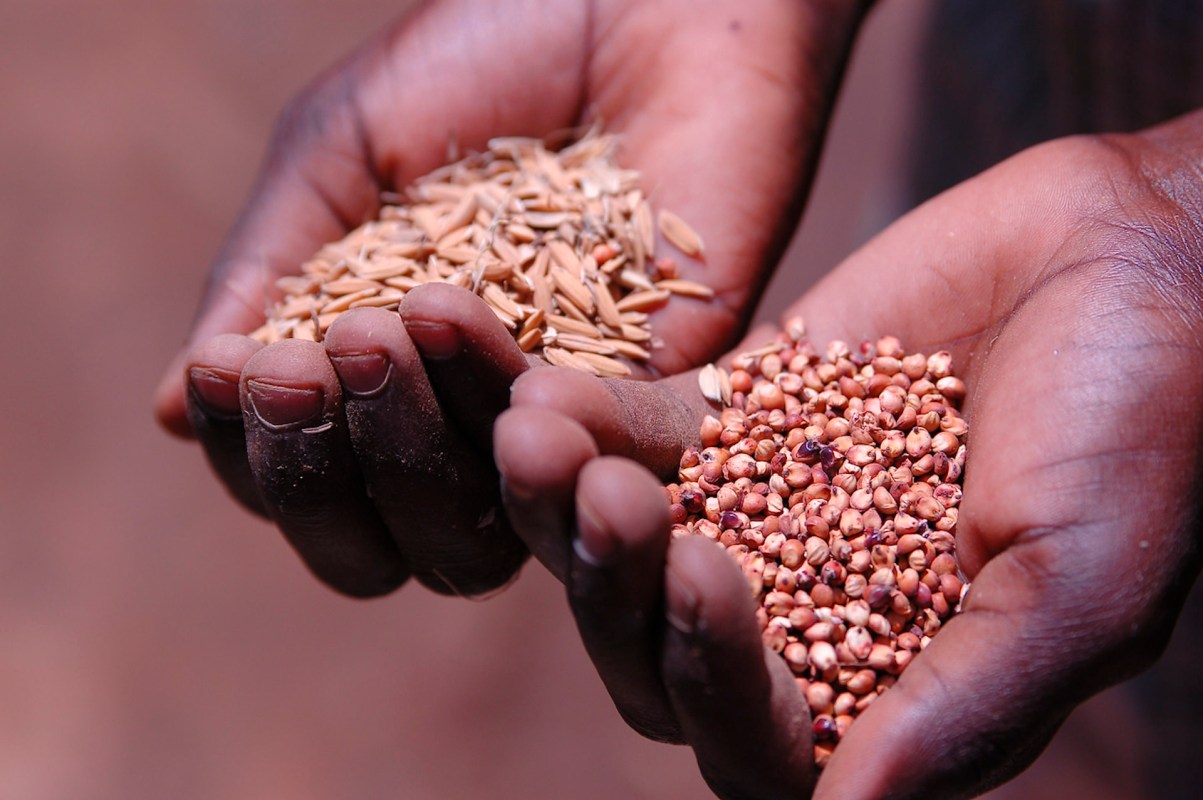Unpredictable and extreme weather associated with a warming world is making life more difficult for seed farmers, and some are even calling it quits.
What's happening?
Seed producers used to have a pretty good idea of seasonal patterns and how they fit into their farming routine. However, changing rain and drought patterns and increased frequency of storms with high winds and damaging hail are making seed production harder than ever.
"We are not having normal seasons anymore," Lane Selman, an agricultural researcher at Oregon State University and founder of a seed-producer community called the Culinary Breeding Network, told The Guardian.
Seed production is already more difficult than the cultivation of market-ready vegetables. That's partially because it requires a longer cycle.
For instance, normally, cabbage might be sowed in June and then harvested in October. However, seed cabbage overwinters in the ground and keeps growing into the spring. After two years, it bolts in preparation for flowering. Finally, after pollination, seed producers can handpick the seeds and then dry them.
"There's a lot more time involved [in raising seeds]," Brian Campbell, co-owner of Uprising Seeds in Bellingham, Washington, told The Guardian. "And with more extreme weather sprinkled through our lives, it's a lot more time for things to go wrong."
Why is the seed crisis concerning?
Things are getting so challenging that some seed producers are abandoning the fields. Stacy Mates, company manager for Michigan-based Green Things Farm Collective, decided to stop growing seeds altogether.
Some of the challenges she has faced in recent years include a complete shift in rain and drought patterns, golf-ball-sized hail, and severe thunderstorms with 75 miles-per-hour winds.
Other seed producers, like Maine's Jim Gerritsen, now struggle with conditions that are too wet, slowing down the seed drying process by weeks.
This is all bad news, as seed production is an important part of the agricultural process. It plays a vital role in the global food supply chain and supports food security.
But this is just one challenge facing the agricultural sector as our planet warms.
New research has indicated a shift in the United States' 100th meridian, which marks the divide between the arid West and the humid East. The line is slowly moving east, and scientists are worried that the change will cause large expanses of farmland to fail.
And this year in Georgia, the peach crop plummeted by 90%, as the state didn't get enough "chill hours" (periods of temperatures below 45 degrees Fahrenheit) that are required for peach trees to bloom.
What's being done about the seed crisis?
Before quitting seed production, Mates babied her plants in hopes of pulling a harvest — this included trellising them and covering them with shade cloth. Her efforts resulted in a solid harvest, but it wasn't enough to keep her in the seed farming game.
Meanwhile, large seed companies can just move production locations, but that would still require investing a lot of time and effort into training new farmers to raise seeds.
Mates said that more seed research is necessary and that farmers need seeds that can survive a range of climate fluctuations.
"As climate change becomes more chaotic – one year's drought might be another year's freeze – we want plants with a resilient enough genetic makeup that they can survive if not thrive in both of those situations," Nathaniel Talbot of Harvest Farm in Washington told The Guardian.
Join our free newsletter for cool news and actionable info that makes it easy to help yourself while helping the planet.









